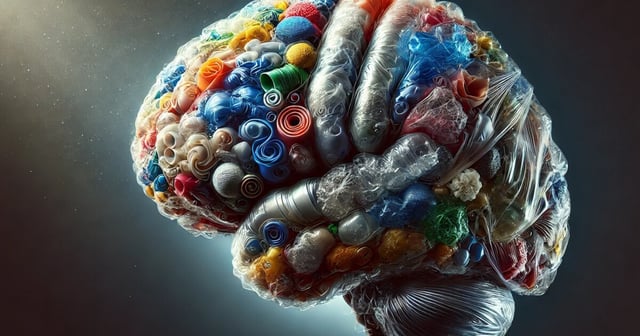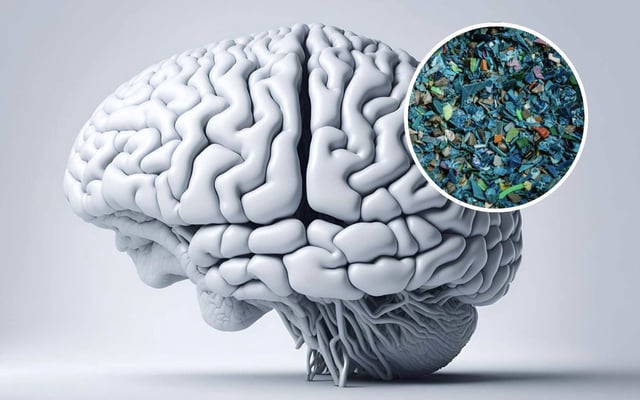Overview
- Researchers discovered that human brains can contain approximately a spoonful of microplastics and nanoplastics, with dementia patients showing 3-5 times higher concentrations.
- Brain tissues were found to have 7-30 times more microplastics than filtration organs like the liver or kidneys, largely composed of polyethylene particles smaller than 200 nanometers.
- The study highlights a 50% increase in brain microplastic levels between 2016 and 2024, reflecting the rapid rise of environmental microplastic pollution.
- Sources of microplastic exposure include bottled water, heated plastic containers, plastic tea bags, and processed foods, with bottled water alone accounting for significant intake.
- Practical steps to reduce exposure include switching to tap water, using glass or metal containers, avoiding heating food in plastic, and minimizing consumption of processed foods.


